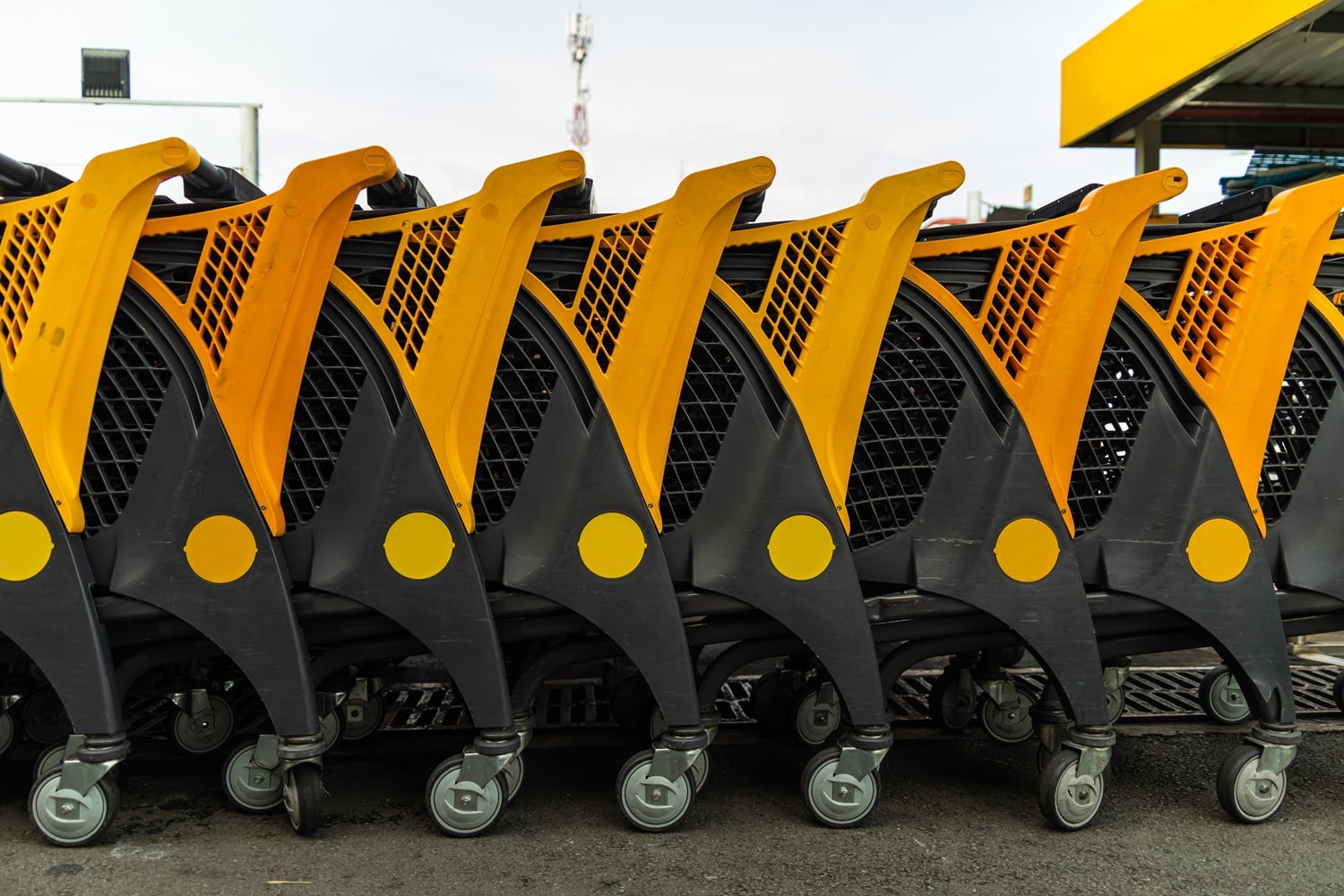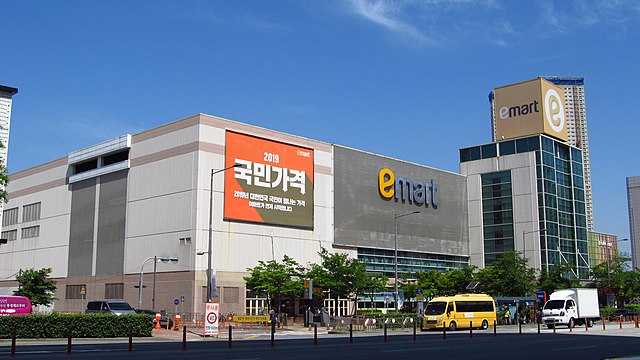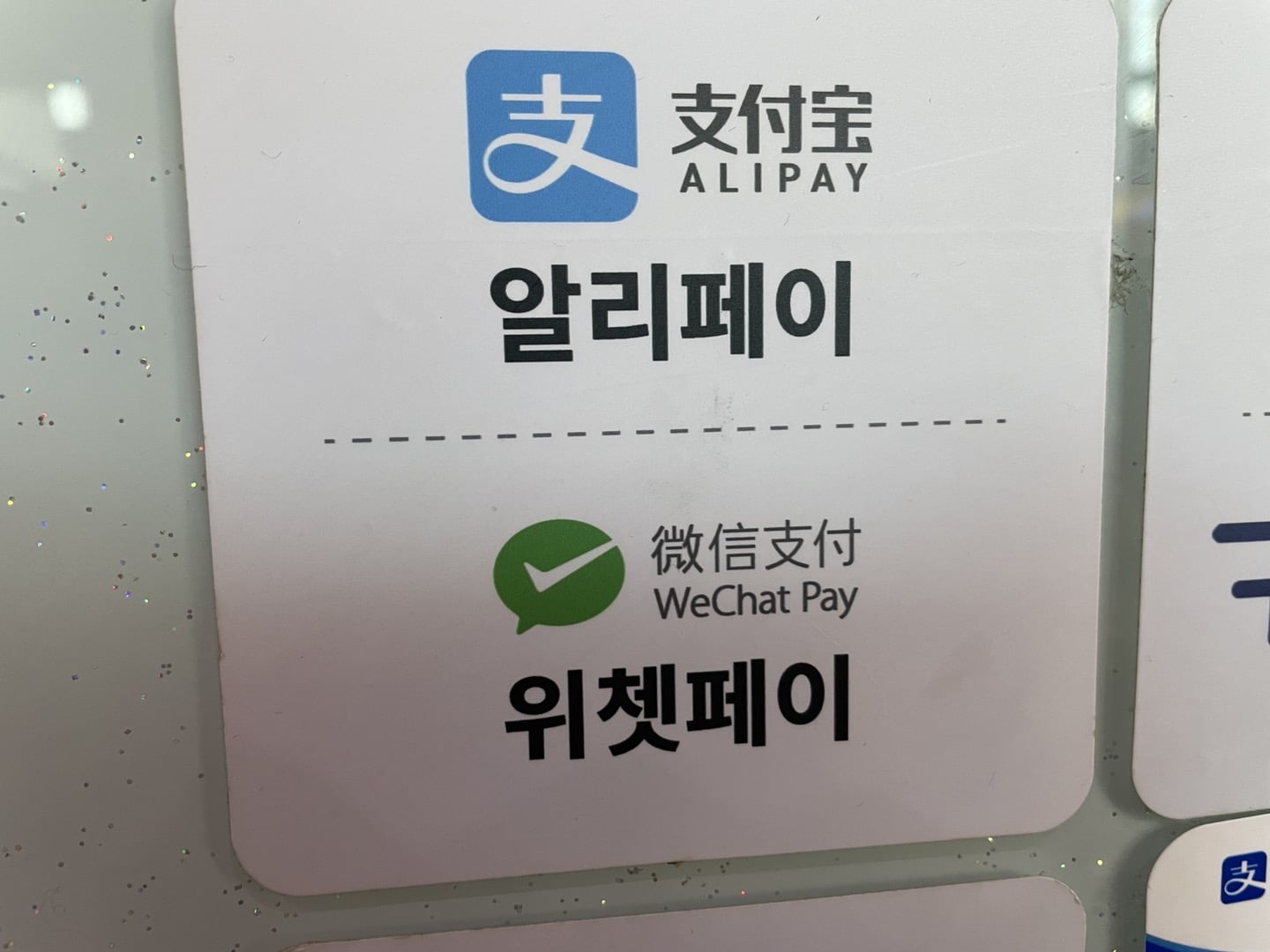South Korea’s Biggest Supermarket Says Next-gen ATMs May Be Crypto Compatible

Emart, South Korea’s largest retailer and supermarket chain, says its new next-generation ATMs could soon feature crypto and security token offering (STO) trading functions.
The First reported that Emart’s convenience store brand Emart24 has installed new “digital ATMs” at its branches in Seoul’s Myeongdong and Samcheong districts.
The machines are primarily targeted at overseas tourists, and have foreign currency exchange capabilities.
The firm explained that the ATMs can also issue VAT tax refunds for duty-free shoppers.
They also allow users to perform a range of “overseas remittance”-related transactions.
Lee Jong-wan, the head of the Emart24 service platform department, explained that the ATMs’ two-factor authentication (2FA) functions were ground-breaking. Lee said:
“This digital ATM’s 2FA functions mean we can foresee the possibility of expanding the services it offers. These could, in the future, include cryptocurrency ATM and STO trading options.”
The official added that Emart24 was looking to “provide more, varied services for both domestic and overseas customers.”

South Korean Tourist Hubs to Welcome Crypto, STO, CBDC Trade?
Emart is South Korea’s largest retailer, with hypermarkets across the nation, in addition to smaller outlets like Emart24.
The firm was founded in November 1993 by the retail giant and department store operator Shinsegae.
Emart24 has rolled out POS machines compatible with e-pay platforms popular in China, such as Alipay, Alipay Plus, WeChat Pay, and Union Pay.

The firm also accepts payments from the Japanese card issuer Japan Credit Bureau (JCB).
There is a high possibility that Myeongdong-based merchants like Emart24 and others will begin exploring overseas CBDC payments in the near future.
Myeongdong merchants’ clientele is predominantly Chinese, with many Japanese tourists also visiting.
Back in 2020, the South Korean news agency Yonhap claimed these merchants could be prime movers in CBDC adoption.
The report’s author claimed that “tourist shops such as those in Seoul’s Myeongdong District” are already “used to processing Alipay payments,” and added:
“These same South Korean merchants may soon begin accepting digital yuan payments to cater to Chinese customers.”
🇰🇷 South Korea’s Biggest Exchanges Help Regulators Hunt ‘Undeclared Crypto Operators’
South Korea’s five biggest crypto exchanges will team up with financial regulators to search for “undeclared crypto operators.”#CryptoNews #newshttps://t.co/bukyHnhmeb
— Cryptonews.com (@cryptonews) December 5, 2023
South Korean firms have been eagerly awaiting legislation that will finally legalize STOs in the nation.
All forms of coin issuance are still illegal in the country, following a partial crypto crackdown in early 2018.
The current government has previously indicated a willingness to let regulated domestic firms issue STOs.
However, a series of high-profile crypto controversies appears to have slowed this legislation’s progress.








